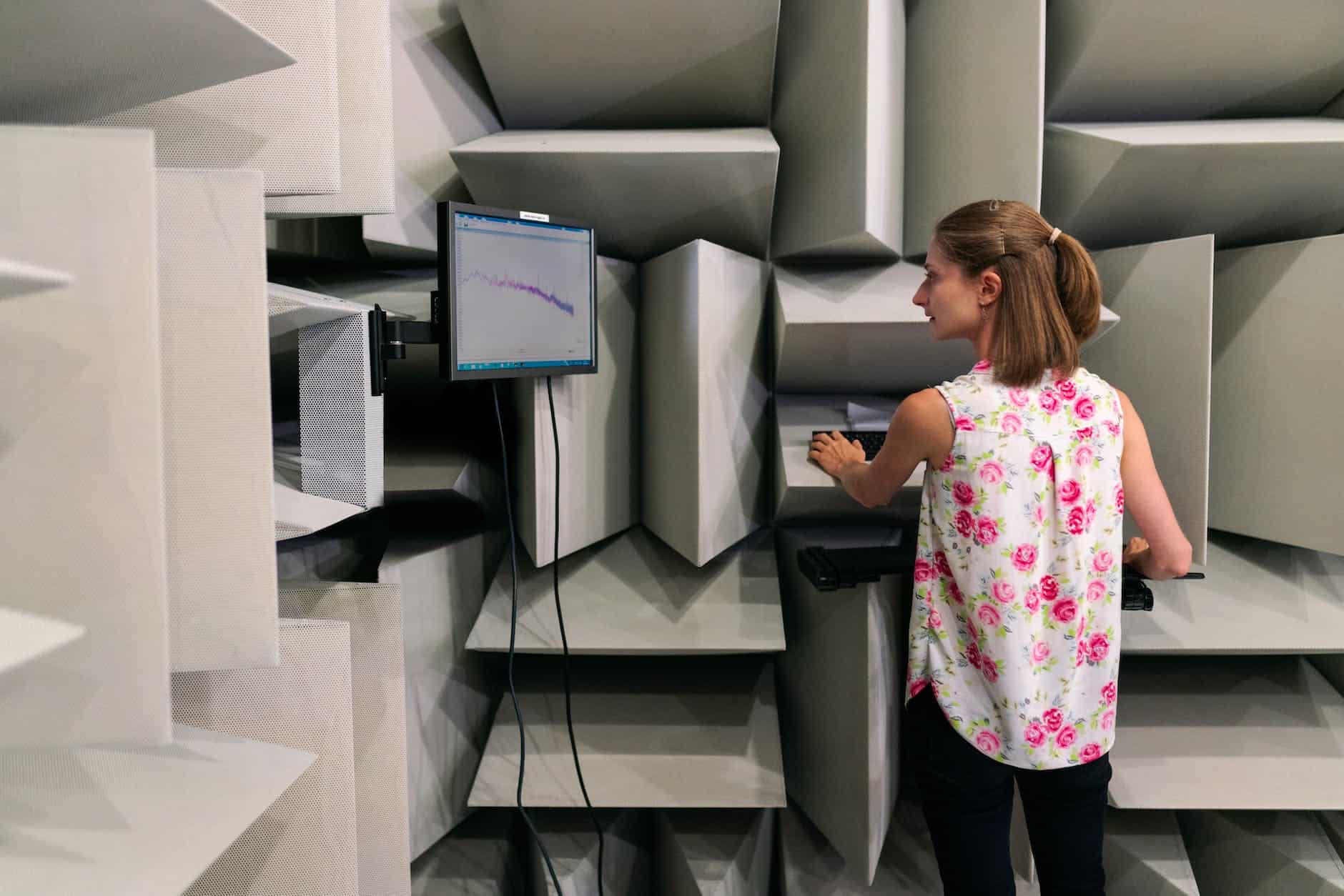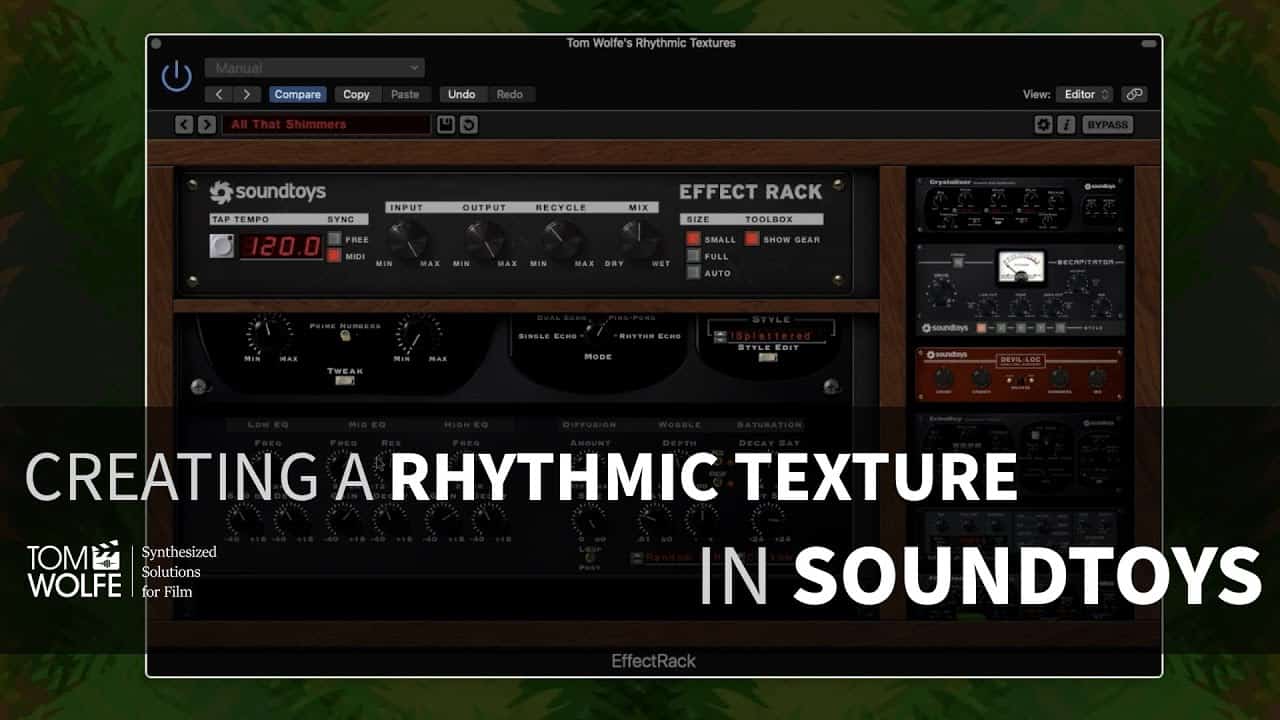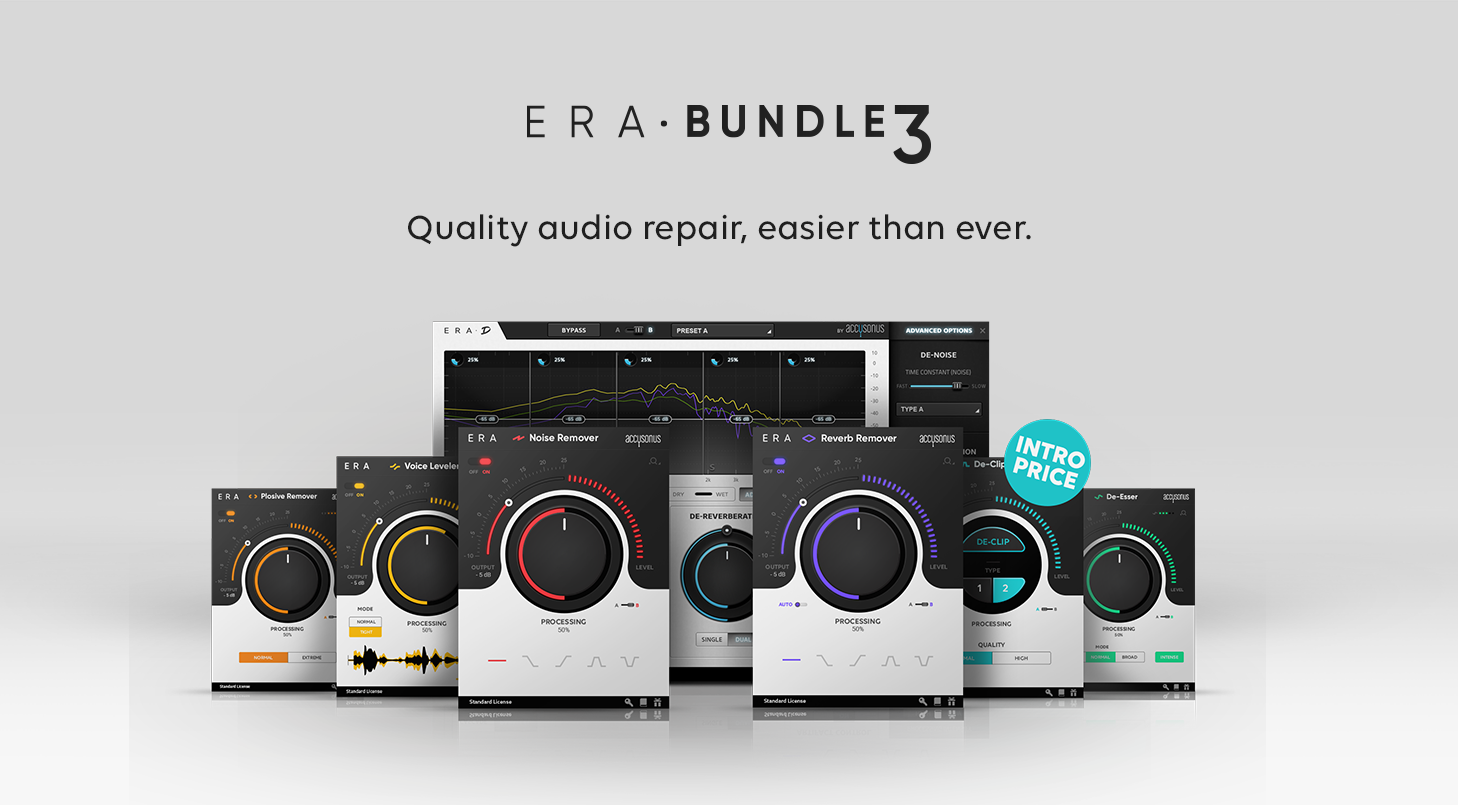
Looking for a profession that offers both fulfillment and a chance to be creative? Consider the role of a sound engineer as your ideal match. In this blog post, we aim to uncover the advantages of pursuing a career in sound engineering, the essential skills for success in audio engineering, and ways to stand out as a sound engineer in the professional world. We will delve into what it takes to excel in this sector and provide insights into the rewarding aspects of being a sound engineer. Continue reading to discover why embarking on a career as a sound engineer could be the right choice for you!
Table of contents: Why sound engineer
- Unveiling the Benefits of Becoming a Sound Engineer
- Exploring the Skills Needed to Become a Professional Sound Engineer
- Discovering How to Make an Impact as a Sound Engineer
- Understanding What it Takes to Succeed in the Field of Audio Engineering
- Gaining Insight into Why Being a Sound Engineer is Rewarding
The role of a sound engineer is an integral part of the music industry. They are responsible for capturing, manipulating and producing audio recordings to create the desired sound for any given project. From recording studios to live performances, sound engineers play a vital role in creating high-quality audio experiences.
Sound engineers must have an understanding of acoustics and how different sounds interact with each other in order to achieve the desired effect. They must be able to identify which frequencies need boosting or cutting in order to produce a balanced mix that will translate well across different listening environments.
Additionally, they must understand how various pieces of equipment work together and be able to troubleshoot any technical issues that may arise during production or performance.
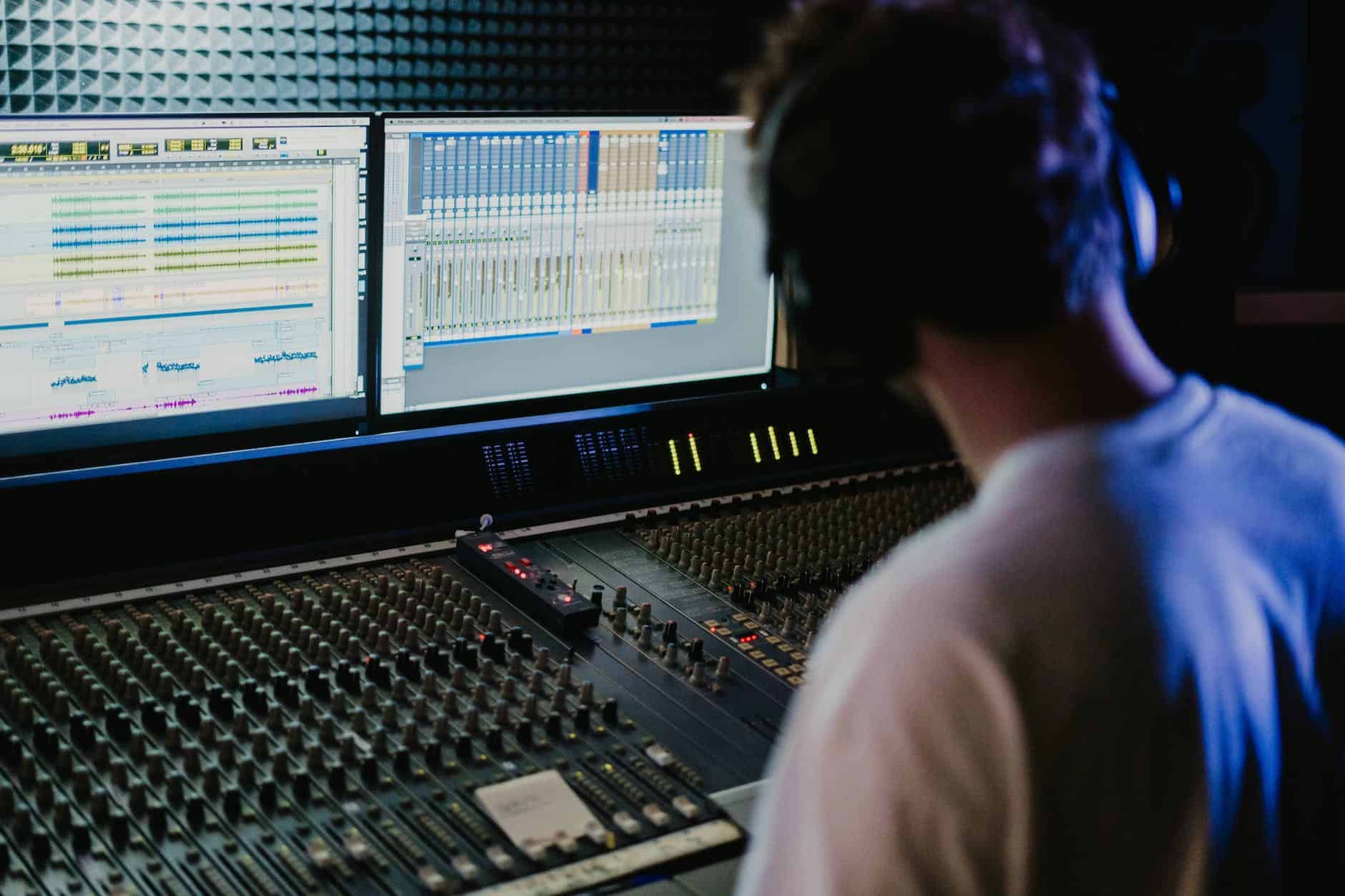
In addition, it is important for sound engineers to have excellent communication skills so they can effectively collaborate with artists and producers on projects as well as communicate their ideas clearly when working with technicians or other personnel involved in the production process.
Furthermore, knowing music theory can help them better understand what type of effects should be used on certain instruments or vocals as well as provide insight into mixing techniques such as panning and equalization (EQ).
The job requires patience since there are often multiple takes needed before getting just the right take from each instrument or vocalist; however, this also allows them time to perfect their craft while honing their ear for detail which is essential when creating professional sounding mixes that stand out from others within their genre/style/field.
Last but most importantly, having passion & dedication toward your craft will ensure success no matter where you go!
Unveiling the Benefits of Becoming a Sound Engineer
Becoming a sound engineer is an exciting and rewarding career choice. With the right training, you can become a professional in this field and enjoy all of its benefits. From creating unique sounds to working with some of the world’s most talented artists, sound engineers have an array of opportunities available to them.
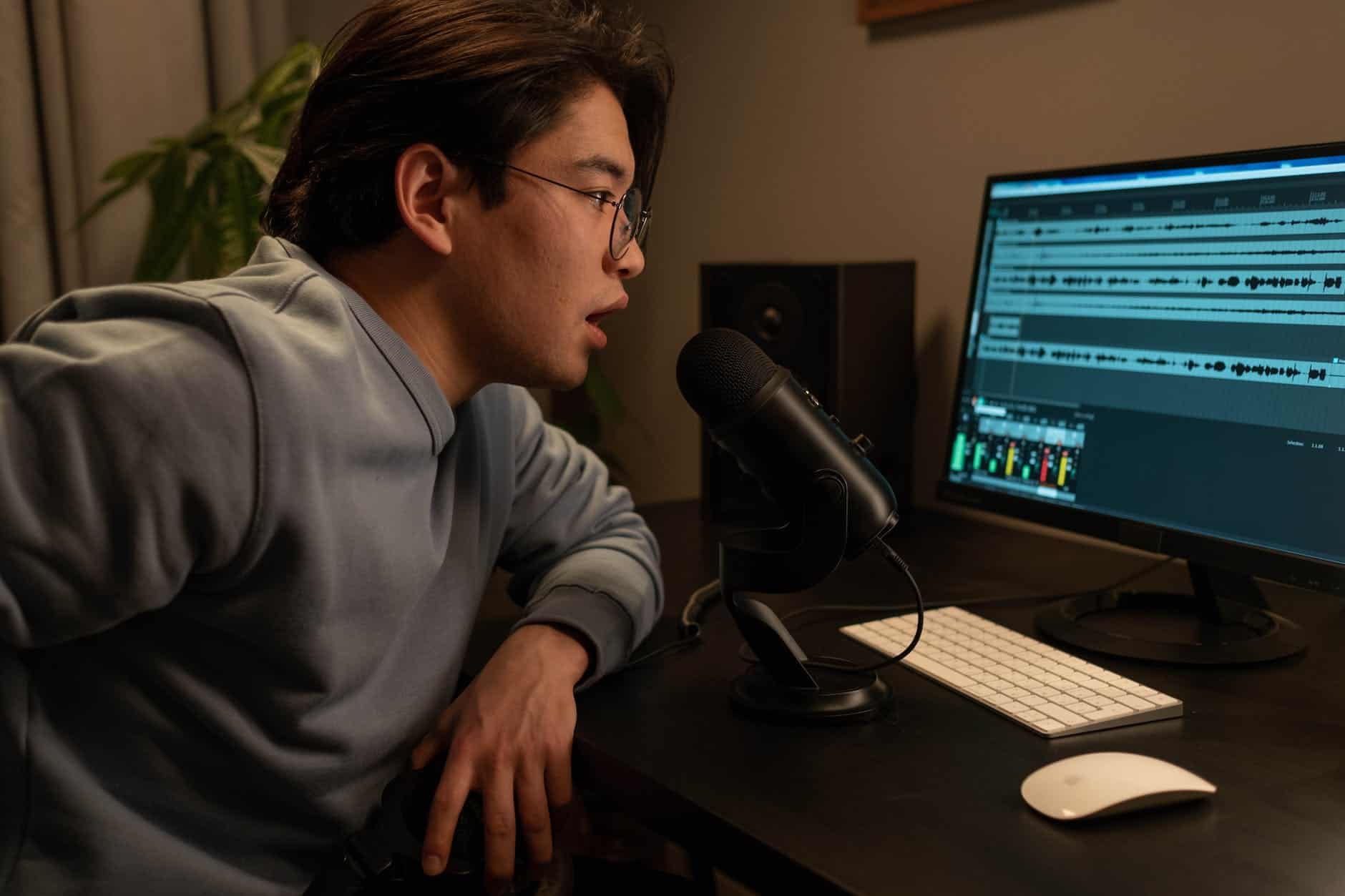
The first benefit that comes with becoming a sound engineer is creative freedom. As a sound engineer, you can create unique sounds for any project or artist you work on. You will also be able to experiment with different techniques and technologies to get the best possible results from your projects. This creative freedom allows for endless possibilities when it comes to producing music or audio recordings.
Another great benefit of being a sound engineer is access to state-of-the-art equipment and technology that can help bring your projects alive in ways never imagined! The latest tools allow for more precise control over every aspect of production from recording through mixing down into mastering stages – giving you complete control over how your final product will turn out!
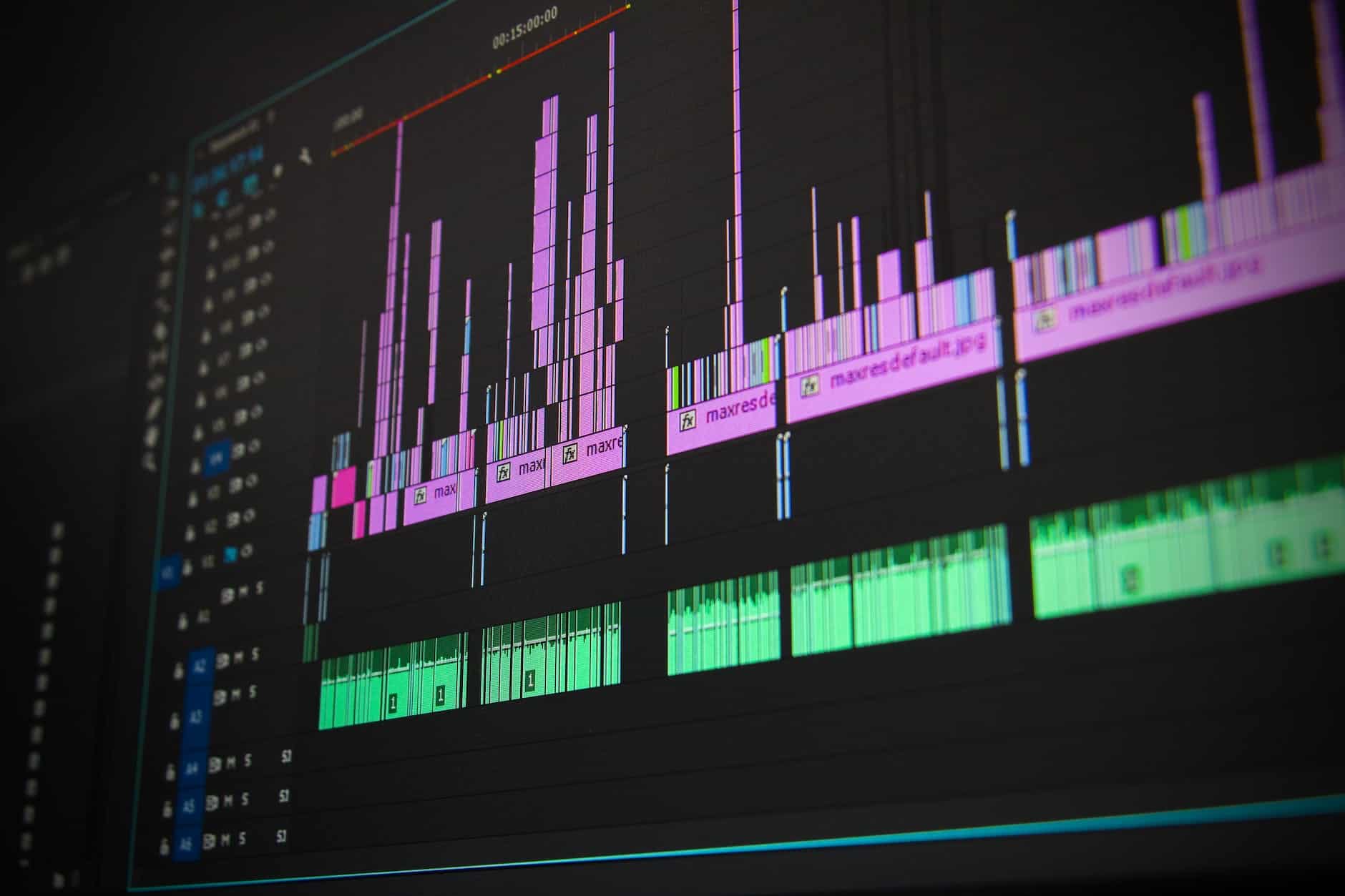
Finally, as a successful Sound Engineer, many opportunities are available within the music industry and other industries such as film/TV/radio broadcasting, where audio engineering skills are highly sought after by employers looking for professionals who know their stuff!
Working alongside some incredible talent while learning new skills along the way makes this profession one worth considering if you’re passionate about audio production!
Becoming a Sound Engineer offers many advantages; from gaining creative freedom through experimenting with different techniques & technologies; to having access top quality equipment & resources; plus plenty of job prospects within various industries – making it an incredibly rewarding career path worth exploring further if interested in pursuing Audio Production professionally!
Exploring the Skills Needed to Become a Professional Sound Engineer
If you are passionate about music and sound, becoming a professional sound engineer may be the perfect career. As a sound engineer, your job is capturing, manipulating, and mixing audio recordings to create high-quality sounds. It requires creativity as well as technical knowledge of acoustics and electronics. The work of a sound engineer often involves collaborating with musicians, producers, and other audio professionals to achieve the desired sound for a project. This may involve recording live performances, mixing tracks, or adding effects to enhance the overall sound. It’s important to note the difference between sound engineer and sound designer, as a sound designer is more focused on creating and manipulating sound effects for film, television, or video games, while a sound engineer is primarily concerned with the technical aspects of capturing and modifying audio recordings. Both roles require a keen ear and a passion for working with sound, but the specific duties and focus of each may vary.
To become a successful professional sound engineer, it is important to understand both hardware and software tools used in recording studios. You should also possess strong problem-solving skills to troubleshoot any issues that arise during the recording process. Additionally, having excellent communication skills will help ensure that everyone involved in the project understands what needs to be done at all times.

In addition to these core competencies, aspiring professionals must also develop their listening abilities so they can accurately identify problems with audio recordings or mixes before they reach the completion stage. A good ear for detail is essential when creating quality sounds from scratch or manipulating existing ones into something new and unique!
Finally, having an understanding of musical theory will give engineers greater insight into how different elements interact with each other. This knowledge can prove invaluable when crafting complex compositions out of seemingly simple components!
Becoming a professional sound engineer requires dedication, but if you have the right skill sets, there’s no limit on what kind of work you can do!
Discovering How to Make an Impact as a Sound Engineer
As a sound engineer, you have the power to make an impact on people’s lives. Whether it’s through creating music for films or recording live performances, your skills can bring life and emotion to any project. With the right knowledge and tools, you can create powerful audio experiences that will leave a lasting impression on your audience.
The key to making an impact as a sound engineer is understanding how different sounds interact with each other in order to create something unique and special. You must learn how frequencies work together in order to craft balanced mixes that are both pleasing and effective.

Additionally, mastering the art of microphone placement is essential if you want your recordings to be clear and accurate representations of what was actually performed or recorded.
It’s also important for sound engineers to stay up-to-date with new technologies so they can take advantage of all the latest advancements in audio production techniques such as multi-track recording software or digital signal processing (DSP). By staying informed about these developments, you’ll be able maximize their potential when crafting amazing-sounding projects!
Finally, good communication skills are essential when working with clients because it allows them to trust that their vision will be realized through your expertise as a sound engineer. Being able to communicate effectively will help ensure everyone involved has confidence in their project from start to finish!
In conclusion, becoming an excellent sound engineer requires dedication but once mastered it provides immense satisfaction knowing that one’s work has made an impact on people’s lives by bringing joy through beautiful-sounding music or capturing moments forever via recordings!
Understanding What it Takes to Succeed in the Field of Audio Engineering
If you’re passionate about music and sound, a career in audio engineering may be the perfect fit. Audio engineers create and manipulate sound recordings to produce high-quality audio products.
This field requires an understanding of both technical and creative skills, making it an ideal option for those with a passion for music and the technical know-how to make it happen.
Audio engineers must possess strong problem-solving abilities, excellent communication skills, and the ability to work with multiple types of equipment simultaneously. They must also understand how different sounds interact with each other to create desired effects or achieve specific goals within their projects.
Additionally, they need to be able to interpret instructions from producers or directors accurately so that their work meets expectations every time.
Successful audio engineers also need a great deal of patience when working on complex projects that involve numerous elements such as mixing tracks or editing out unwanted noise from recordings.
It’s important that they remain focused throughout long hours spent behind the console in order to ensure accuracy at all times while still meeting deadlines efficiently without compromising quality standards set by clients or employers alike..
In addition, successful audio engineers should have knowledge of various recording techniques such as multi-track recording and overdubbing which can help them produce better results more quickly than if they were relying solely on manual methods alone.
Furthermore having experience using digital signal processing (DSP) software is essential since this type of program allows users greater control over sound manipulation tasks like equalization (EQ), compression/limiting, reverb etc., allowing them greater flexibility when producing professional sounding mixes.

Finally having good interpersonal skills is key since many times these professionals will find themselves working closely with musicians, producers, composers, etc., requiring them not only to be technically proficient but also able to build relationships based on trust & mutual respect.
All these qualities combined makeup what it takes to succeed in this highly competitive field where success depends largely upon one’s ability to stay ahead curve & consistently deliver top-notch results regardless of project size and budget constraints.
Gaining Insight into Why Being a Sound Engineer is Rewarding
Being a sound engineer is an incredibly rewarding career. It requires skill, creativity and technical know-how to be successful in this field. With the right training and experience, sound engineers can create amazing audio experiences for their clients or audiences.
The job of a sound engineer involves understanding how different sounds interact with each other and how they affect the overall listening experience.
They must also have knowledge of acoustics, digital signal processing (DSP), recording techniques, mixing consoles, and more in order to produce high-quality recordings that meet client expectations.
Sound engineers are responsible for setting up microphones, speakers and other equipment needed for live performances or studio recordings; they also need to understand the physics behind sound waves so that they can properly adjust levels during mixing sessions in order to achieve desired results. Additionally, it’s important for them to be able to troubleshoot any issues that may arise during production processes as well as maintain all necessary equipment on a regular basis.
One of the most rewarding aspects of being a sound engineer is having insight into why certain sounds work better than others within specific contexts – whether it’s creating an immersive atmosphere at concerts or crafting unique sonic textures within studio productions – which allows them greater creative freedom when producing music or audio content professionally.
Furthermore,sound engineers often get opportunities work with some very talented musicians/artists who bring out their best efforts while collaborating together. This makes every project excitingly unique!
Overall, being a Sound Engineer offers many rewards, both creatively & technically. The challenge & satisfaction derived from mastering complex concepts & technologies makes this profession highly fulfilling!

